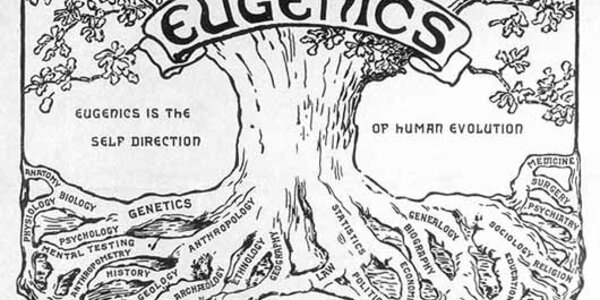Twitter Culture: Atheist Tweets More Analytical, Christian Tweets Less Negative
A computer analysis of nearly 2 million Tweets on the Twitter online social network revealed another divide in the religious culture war - while atheists engage in more analytical thinking, Christians use more positive words and fewer negative words.
To identify Christian and atheist Twitter users, the researchers studied the tweets of more than 16,000 followers of a few prominent Christian and atheist personalities on Twitter. They analyzed the tweets for their emotional content (the use of more positive or negative words), the frequency of words (such as "friend" and "brother") that are…




